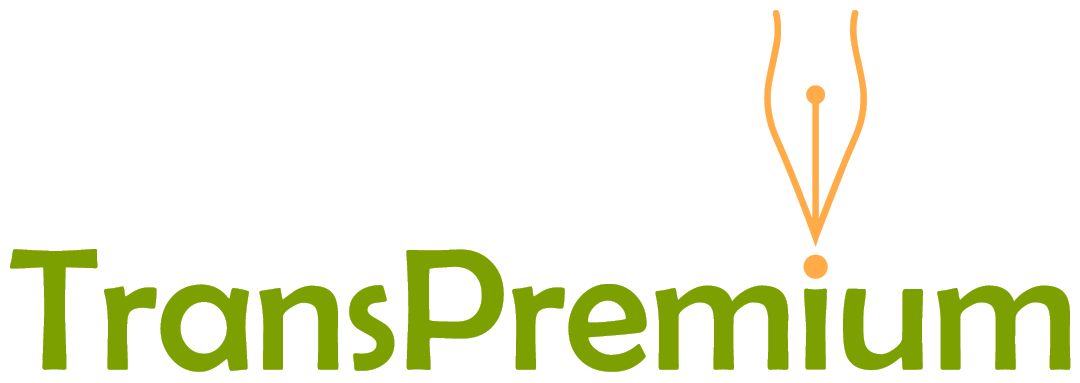
7 Books Every Aspiring Translator Should Read
Learning doesn’t begin and end in the classroom. Especially, for translators and other language professionals. Having a considerable body of knowledge and staying up-to-date on cultural trends, business and on translation itself can make a good translator great.
On this post, we’ll explore 7 books that can greatly help aspiring translators kick start their career as knowledgeable as possible.
This list was composed considering six different types of readers, to make sure there’s something valuable for everyone to approach translation from the perspective they like the most.
For the absolute beginner:
Douglas Robinson’s Becoming a Translator is a comprehensive, intelligent and necessary introduction, both to the technical and cultural aspects of translation and to the key aspects of working as a translator. This book includes everything from basic information about market dynamics, to techniques to work efficiently and a “useful contacts” section.
Activities, exercises and special suggestions sections make it the ideal starting point for any translation practice.
Witty, funny and light readings:
Is That a Fish in Your Ear? by David Bellos and Guy Deutscher’s Through the Language Glass are filled with interesting examples, written a playful and unpretentious prose, guiding the reader through the art of translation with a historical and provocative perspective. They’re maybe my favorites on this list. Bellos and Deutscher did with translation what Martin Gardner did with logic and mathematics.
For the history lover:
The reviews are true: “Since publication over ten years ago, The Translator’s Invisibility has provoked debate and controversy within the field of translation and become a classic text.”
Lawrence Venuti’s work explores the history of translation, from the 17th on, exploring the relationship between translation, economy, culture and the English literary canon. No word defines it better than “essential”.
For the artist:
In The Poetics of Translation, Willis Barnstone approached translation as an artistic practice. It’s especially valuable for those working to specialize in the translation of literary and art-related material. He embarks on discussions about literalness, originality, translation as metaphor and translation as aesthetic appreciation and transformation. It references some of the greatest language theorists of the canon, from Jakobson to Benjamin, while maintaining great creative merit and originality. It’s a book for literature lovers and artists.
Within this category, one could also recommend John Felstiner’s Translating Neruda: The Way to Macchu Picchu, which is far less broad but every bit as interesting.
Much like The Translator’s Invisibility, these books are best for those aspiring to become book translators, focusing particularly on the literary.
For the science lover:
Cognitive processes in translation and interpretingis an anthology of many volumes where the methods and concepts of cognitive science are applied to translation. The contributing authors explore the relationship between theory, research and practice, from several different interdisciplinary approaches.
Though more than 20 years old, this work can provide beginners the solid foundation they need to start delving into the linguistics and psychology of translation.
For the freelancer:
We know the challenges of freelancing. A freelancer has to be a salesperson, a marketer and a translator, all rolled-up into one. A freelancer has to know how to sell the service, how to provide it, and how to handle its finances.
Only a few freelancers have both the education to deliver quality services and the education to handle a business. That’s why books like Judy and Dagmar Jenner’s The Entrepreneurial Linguist are tremendously valuable. Marketing, sales and the language industry evolve at an incredible pace, so the fact that this book is approaching its tenth birthday might be enough to dissuade some. But, while it might not include the latest information out there, its key principles stand the test of time.
What about you? What books would you recommend to newcomers? What books shaped, improved or inspired your translation practice? Let us know in the comments!
About the Author:

Aaron Marco Arias is a writer working at Day Translations, Inc. He is interested in culture, language, art and the markets of the future.





